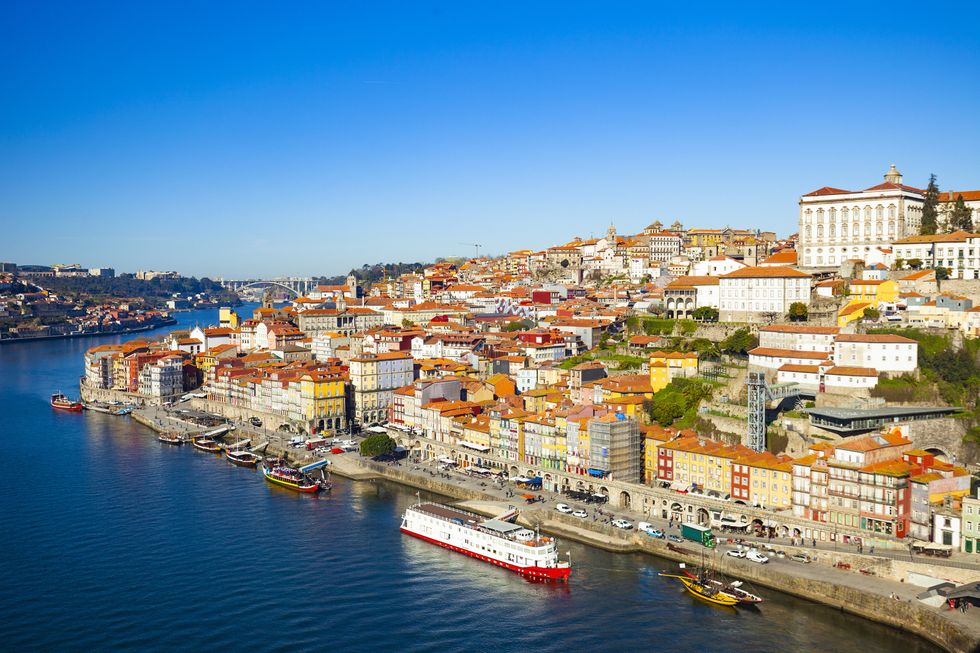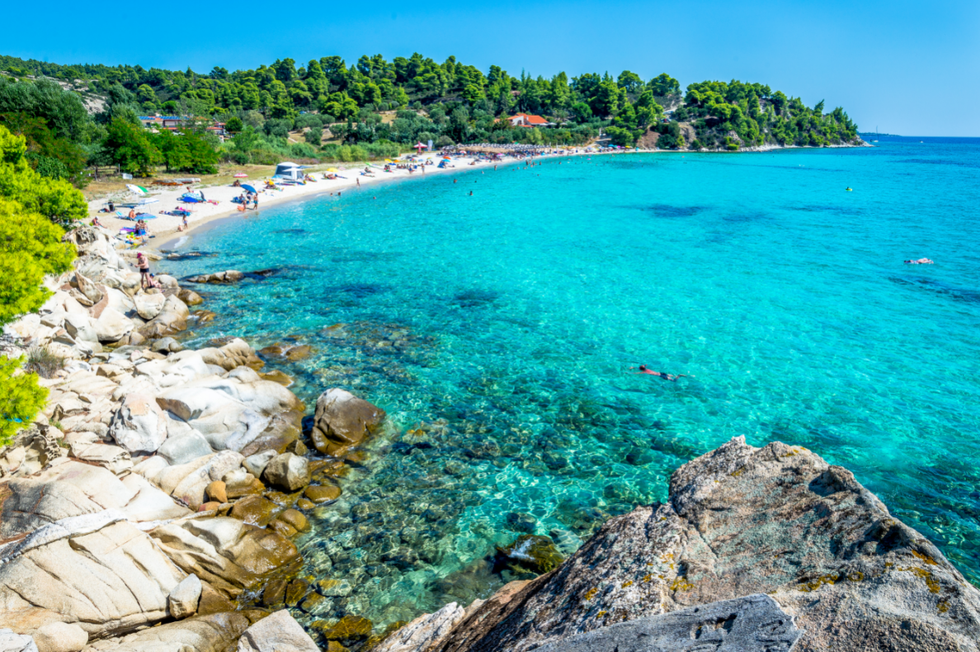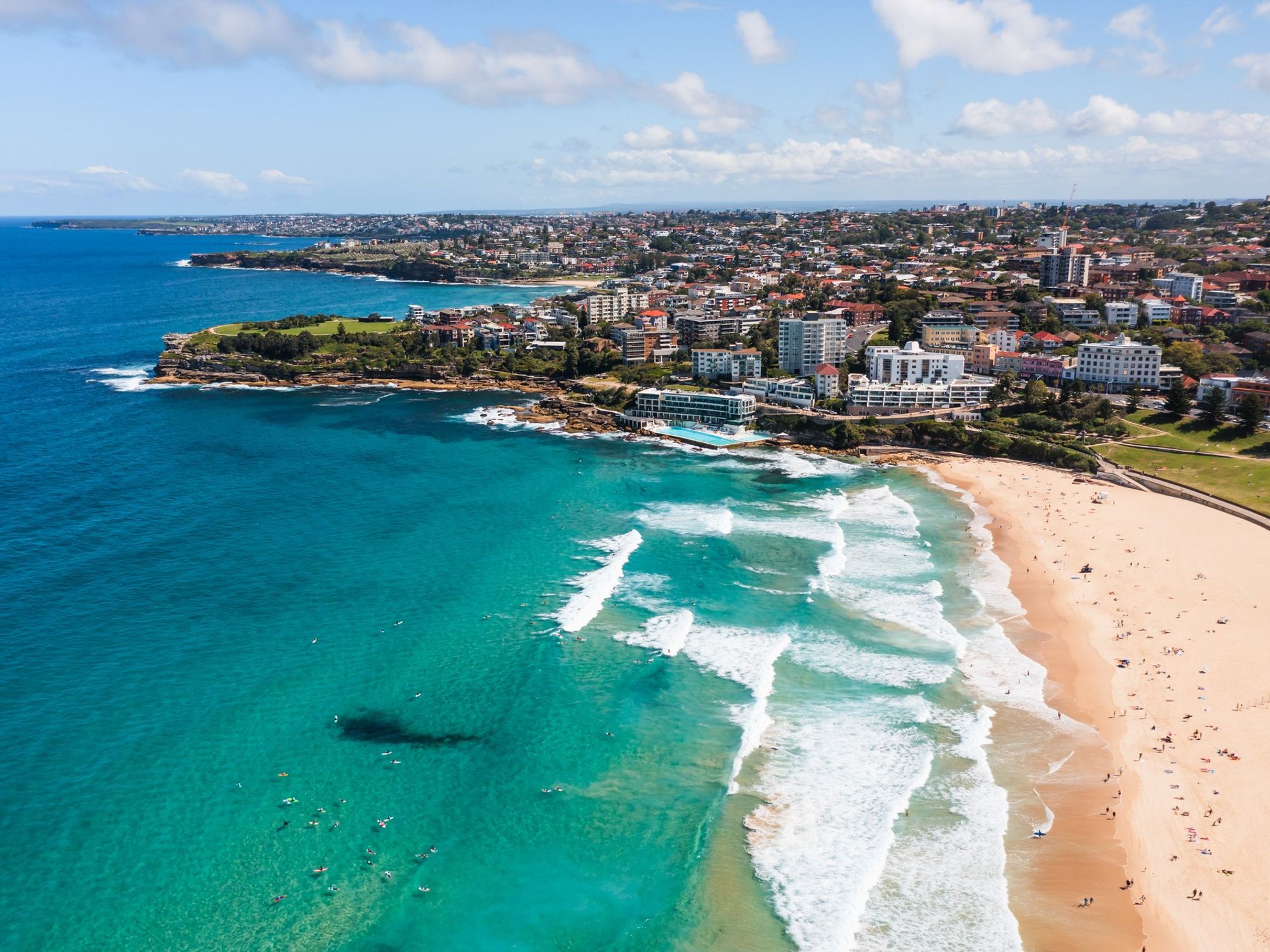Soaring temperatures are set to hit European holiday hotspots
GETTY IMAGES
Holidaymakers should heed advice on how to stay safe in "extreme heat"
Don't Miss
Most Read
Trending on GB News
Britons descend on Spain, Portugal and Greece in their masses year after year, looking for beautiful beaches, delicious cuisine and incredible weather.
However, with temperatures set to soar across all three holiday hotspots in the next few days, Britons may want to take precautions.
AccuWeather gave yellow and orange "extreme weather warnings" for all four countries over the next few days.
In Spain, Valle del Tajo, Villuercas y Montánchez, Barros y Serena, Sur de Badajoz, Vegas del Guadiana, Aracena, Andévalo y Condado, Litoral de Huelva, Campiña Gaditana, Vega del Segura, Campiña Gaditana, Menorca and Ampurdán all received a yellow weather warning.

Portugal is expecting very high temperatures in the next few days
GETTY IMAGESThe State Meteorological Agency issued a "Yellow Warning for Extreme High Temperature in effect from Wednesday, 1pm CEST until Thursday, 9pm CEST".
Campiña Gaditana and Vega del Segura's weather warning will last until Wednesday 9pm CEST.
Morena y Condado, Valle del Guadalquivir de Jaén, Campiña Cordobesa and Campiña Sevillana received an orange weather warning for the same dates and times.
"Summer will be much warmer than usual," the director of Aemet’s Meteorological Centre in Malaga, Jesus Riesco, told La Opinion de Malaga.
He added that there is a more than 70 per cent chance that the summer will fall within the top 20 per cent of the hottest on record.
According to the Met Office, this week, temperatures will reach up to 36C in Madrid, up to 36C in Zaragoza, and up to 41C in Seville.
Sunny Seville could see highs of 40C tomorrow, on Wednesday, July 3, and 41C, on Thursday, July 4.
There is also a yellow warning for parts of Portugal, with Portalegre, Evora and Beja all affected.
The Portuguese Institute for the Sea and the Atmosphere gave a Yellow Warning for Extreme High Temperatures in effect until Thursday, 7pm WEST.
Britons visiting Greece have also been cautioned about soaring temperatures, with holidaymakers facing both yellow and orange warnings.
The Dodecanese Islands, comprising holiday destinations such as Kos and Rhodes, face an orange weather warning.
The Hellenic National Meteorological Service gave the islands an Orange Warning for Extreme High Temperatures in effect until 8pm EEST.
According to the Met Office, Athens could see highs of 36C, Kozani, highs of 35C, and Thessaloniki, highs of 35C.
LATEST DEVELOPMENTS

Multiple areas in Portugal have received a yellow weather warning
GETTY IMAGESThe Met Office has provided information on how to "stay safe in extreme heat".
Britons were told: "The heat can affect your health and make you feel unwell, there are many simple things you can do to keep yourself safe.
"Keep out of the sun and avoid any exercise between 11am to 3pm when the sun is the strongest.
"If you are going out, take water with you, keep in the shade, wear sunscreen and wear a wide-brimmed hat."
Britons were also advised to drink plenty of fluids and close their curtains in rooms that face the sun.
On public transport, holidaymakers should carry water with them and ensure they drink lots of fluids, If get off public transport for some fresh air if feeling unwell, wear light, choose light fabrics in light colours, and carry a small hand-held battery fan.
If you are in a position to help others, apply ice packs or cold compresses to the person's wrists, neck, and elbows to help them cool down quickly.
Swimming in a pool or the sea can be an extremely enjoyable activity on holiday, but it's important to stay safe.
The Met Office advised: "Check the water temperature, our seas and river temperatures are low enough to cause cold water shock when 15C or lower.
"Wear a wetsuit if you plan on spending any length of time in the water
"Wearing a life jacket or swimming buoy can increase your chances if you experience cold water shock."








